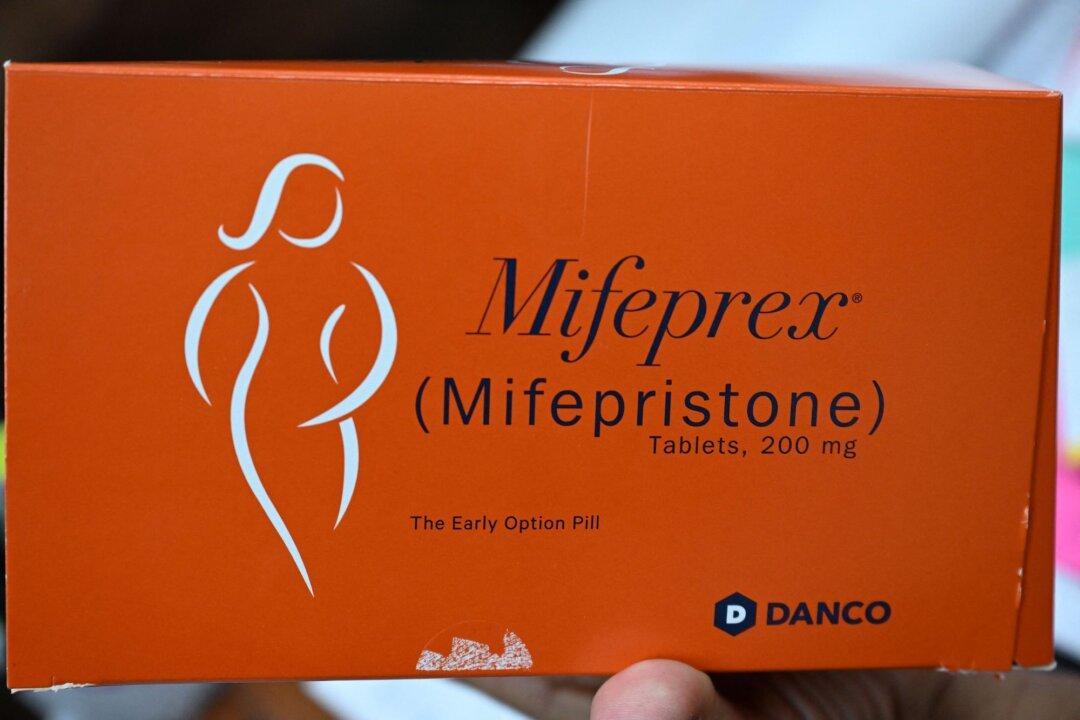The Biden administration asked the Supreme Court to overturn a lower court’s ruling that reversed regulations that had made abortion pill mifepristone easier to obtain.
The case, to be heard on March 26, is the Supreme Court’s most important abortion-related case since its decision in June 2022 in Dobbs v. Jackson Women’s Health Organization, which overturned Roe v. Wade (1973) and found that there was no right to abortion in the U.S. Constitution. The ruling returned the regulation of abortion to the states.





